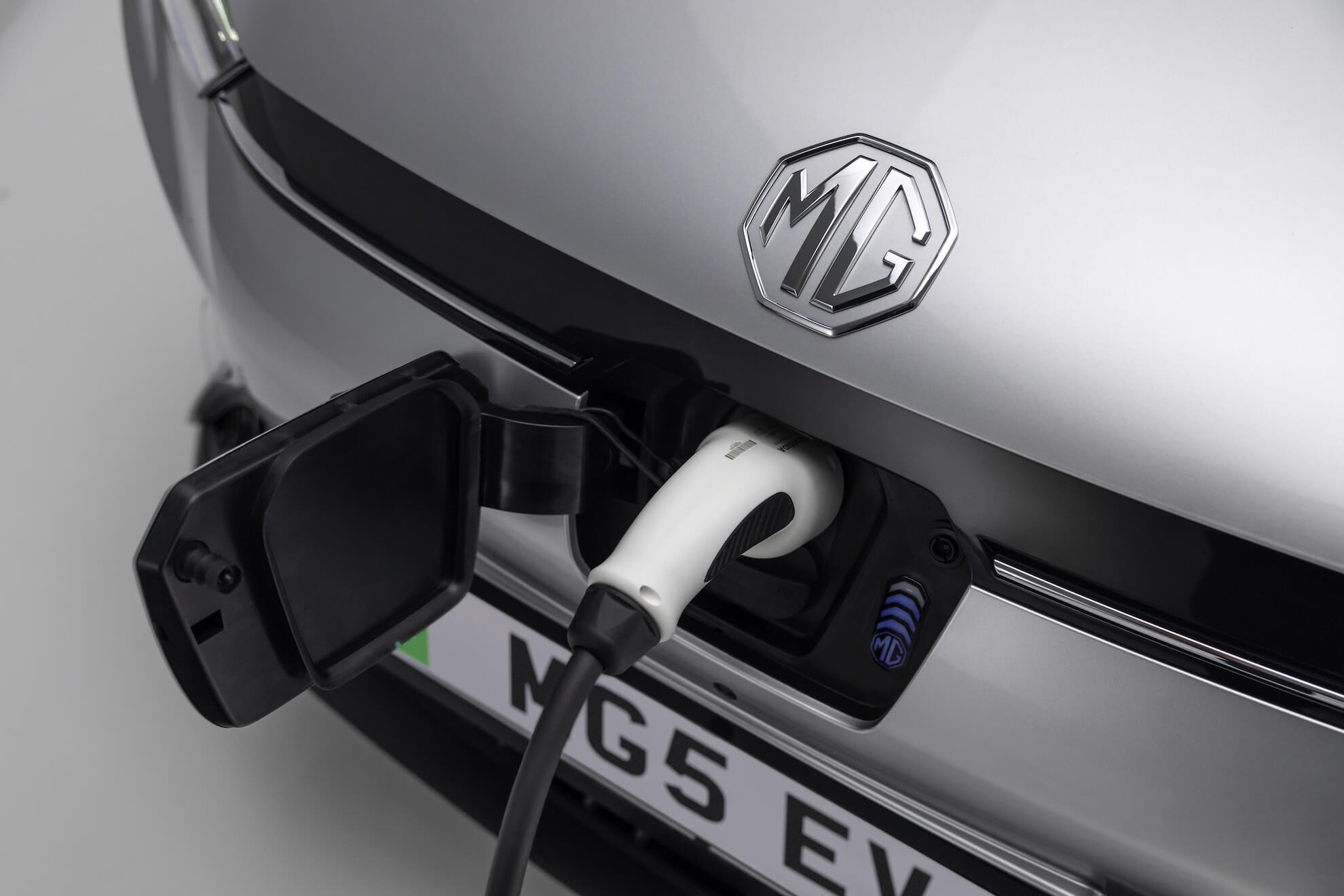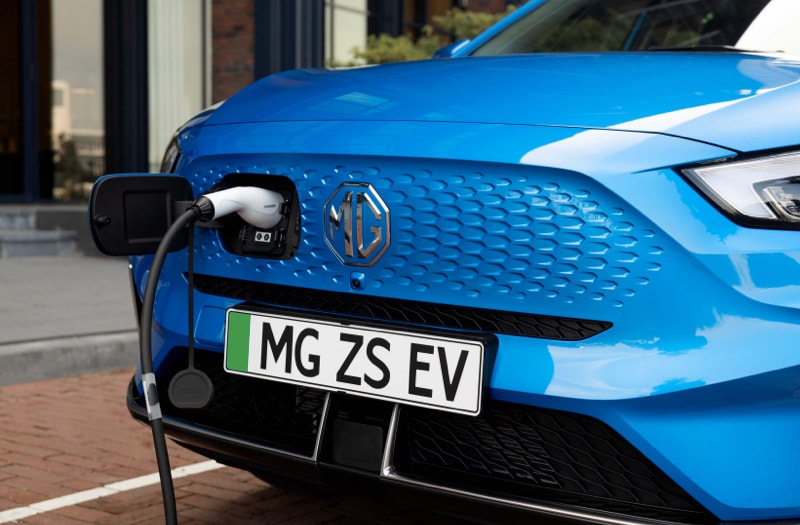MG’s guide to EV charging point installation

Installing a charging point at home is the most convenient and cost-effective way to charge your EV. You can have a charging point installed at home or at work — or both if you wish. However, there are some things to consider before installing a charging point at home. Here’s our simple checklist to ensure you are getting the most out of your electric car charging point.
-
What type of EV home charger are you installing?
When it comes to buying an EV charger, there are two main options:
Charging stations with cables - These are often known as 'untethered' chargers, since they don't have the cable permanently attached. They tend to be cheaper than tethered units, but you must remember to take the cable with you when you go out in the car.
Charging points with cables permanently attached - These are usually more expensive because they come with a cable permanently fixed at one end or both ends. This means you can't lose the cable or forget to take it with you.
-
Where to install a charging point?
A home charging point can be installed on either a wall or a post, and you can have it either inside or outside the property. Charging points can also be installed on driveways.
On the whole, installing a domestic charging point is about as easy as getting a new dishwasher or oven fitted. You'll need to get the work done by an electrician, but the installation process will differ depending on whether you want to install it inside or outside your property.
If you want to install a charging point on an outside wall, you're not allowed to use standard cable as it needs to be protected from the elements. The cable used must also be kept away from other electrical cables such as gas pipes and TV aerials. For this reason, it's recommended that you choose a post-mounted charger if you want to install a charging point outside of your home.
-
Do I have off street parking?
Most electric car owners will have a dedicated off-street parking space such as a driveway or garage. A charging unit can be installed here so that you can charge your car overnight. The majority of electric cars come with a standard 'cable' that plugs into a standard wall socket. While this is fine for emergencies, it's better to have a dedicated unit installed because it charges the car much more quickly - often overnight while you sleep.
-
How long is the charging cable?
Even on private property, the charging cable could present a safety hazard. To ensure nobody trips over the lead, make sure the charging point is tucked away in a safe corner out of harm's way. In public spaces, it's imperative you put the cable back in the stand to avoid passers by having any accidents - just like you would put a petrol pump back after fueling your car.
-
Do I need to upgrade my fuse box?
You should check with an electrician if your house requires a fuse box upgrade. Most properties in the UK built since the 1960s have fuse boxes that can accommodate an EV charge point, but if you live in an older property or have recently upgraded your fuse box it’s still worth checking.
-
Do I need to install a smart meter?
If your home doesn’t already have a smart meter installed, it’s worth considering upgrading at the same time as installing an EV charge point so you can benefit from accurate information about how much electricity you're using, including when charging your car.
-
What speed do I need for my home charging point?
When you purchase an electric car, be sure to check the specifications around what KW charge the model can handle. Typically, the higher the KW, the quicker it charges. However, not all electric cars can handle a high KW and this will also affect the price. The lower the KW, the cheaper it will be, but the longer it will take to charge. If you charge your car overnight then this may not be a problem. These are all factors you should take into consideration when choosing the right charging speed for you.
-
Can I install my own EV charging point?
The simple answer is no - unless you are a trained electrician. Home charging points should be installed by a professional. This will ensure you are following regulations and that your charging point is properly certified. Although this may be costly upfront by paying for labour it could save you money in the long run. For example, some insurance companies may not cover your costs if your charging point was never fully certified.
There we have it - 8 things to consider when installing a charging point at home. Although one of the best ways to charge your electric car, ensuring you have a full battery before leaving the house, installing a charging point does not come without costs which you will need to factor in when buying an electric vehicle.
For more information on electric vehicles look at our full range of MG electric cars to discover what is the right fit for you.
